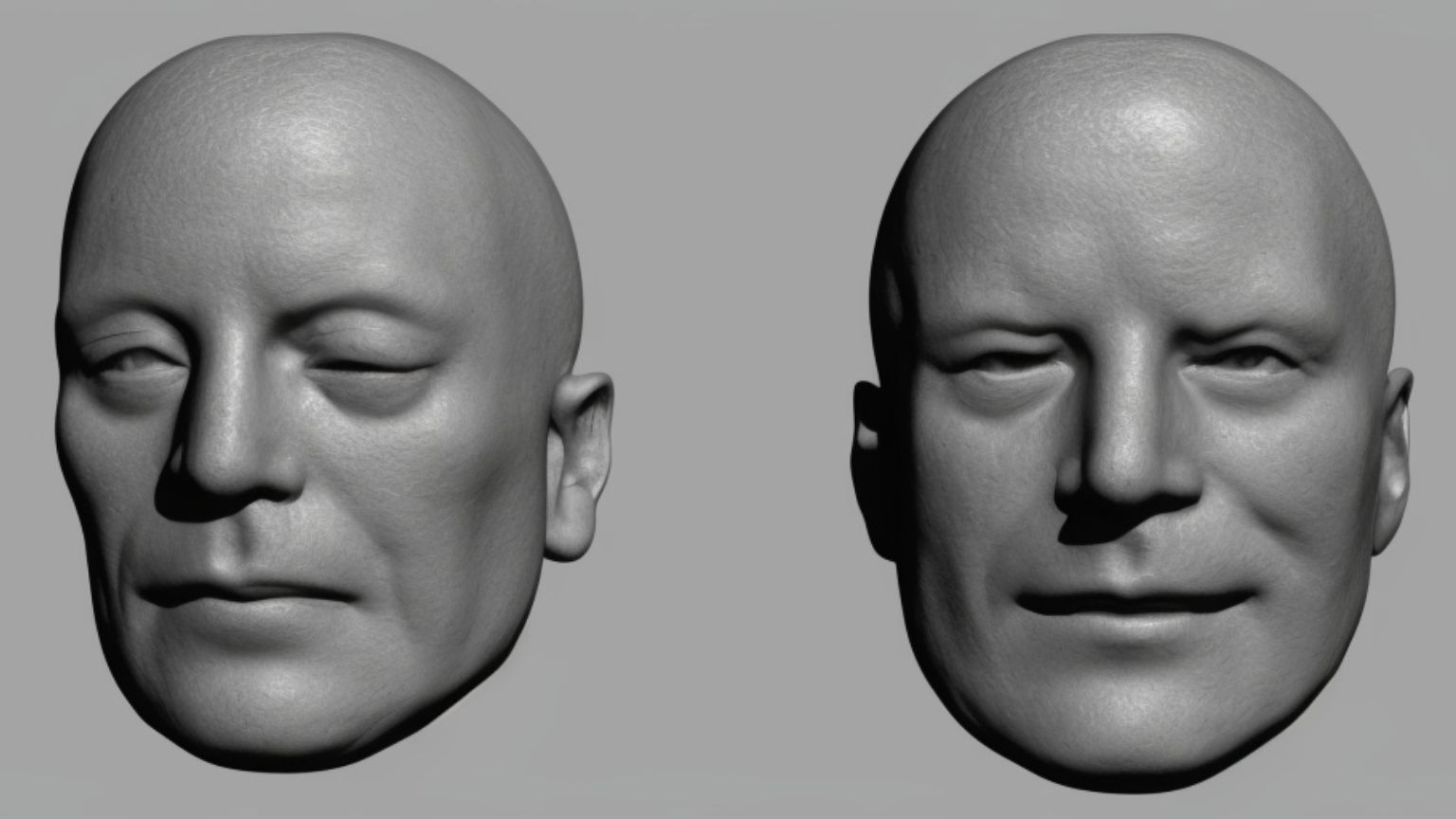New forms of weapons.

It could turn into an “arms race” of a whole new kind – deep fakes, as a weapon of war, or at least of a propaganda war, that the US is now openly speaking about deploying.
After years of repeated warnings about the abuse of deep fakes and how seriously that can interfere in elections, and produce other reprehensible results to society and democracy – the current US authorities are preparing to start using deepfakes as a tool of disseminating disinformation and/or propaganda campaigns.
It would seem that for now at least the targets would be other countries, and this type of online propaganda campaigns are slated to be carried out by US Special Operations Command (SOCOM).
That’s according to an Intercept report which cites federal procurement documents it has been able to review.
The contracting documents that show where SOCOM wants to go are asking for third parties to build solutions that would allow this branch of the security apparatus (known generically as psychological operations – psy-ops) to develop the “deepfaking” capabilities.
There’s little doubt that going about this so publicly – even at the risk of making the US government sound hypocritical and untrustworthy to foreign partners, given its previous take on this technology and working to produce tools against them – is a part of some future “campaign.”
Be that as it may, the Intercept reports about the issue extensively, and notes that this direction raises a number of serious questions: ethics, but also how effective, at this stage, any of it would be.
SOCOM’s scheme apparently in the making is not only about developing deep fakes technology to launch misinformation and disinformation campaigns – this time, undeniably real ones – but also “hacking internet-connected devices to eavesdrop in order to assess foreign populations’ susceptibility” to that propaganda, the publication writes.
None other than the Brookings Institution commented on the situation, to say that when it comes to disinformation, “the Pentagon should not be fighting fire with fire.”
The US, said the think tank’s Chris Meserole, should “strengthen democracy by building support for shared notions of truth and reality.”
But – if those “notions” are deemed to be absent, Meserole seems to suggest, so is the “notion” of true democracy.
“If deepfakes are going to be leveraged for targeted military and intelligence operations, then their use needs to be subject to review and oversight,” Meserole said.
SOCOM, who put all this down for the Intercept to pick up, plans to accept proposals until the end of 2025 – and has no further comment, at this time.
